There were at least eight other human species, some of whom existed for far longer than we have. Who were they?
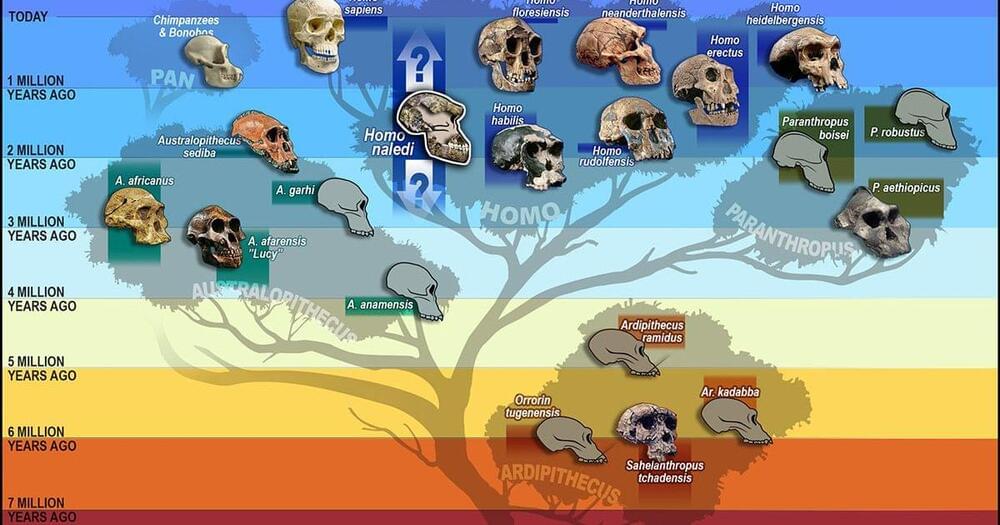

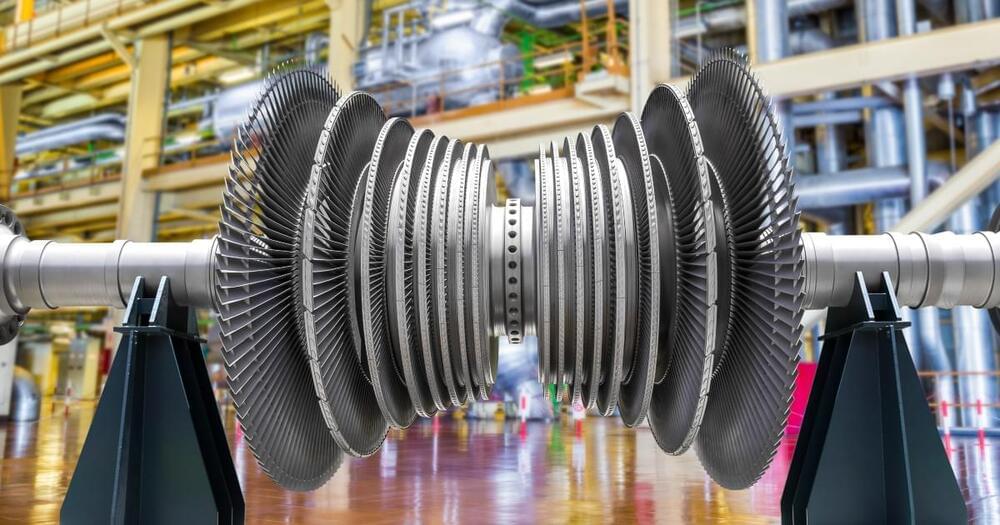
A new high-performance metal alloy, called a superalloy, could help boost the efficiency of the turbines used in power plants and the aerospace and automotive industries.
Created using a 3D printer, the superalloy is composed of a blend of six elements that altogether form a material that’s both lighter and stronger than the standard materials used in conventional turbine machinery. The strong superalloy could help industries cut both costs and carbon emissions — if the approach can be successfully scaled up.
The challenge: In the world of materials science, the search for new metal alloys has been heating up in recent years. For over a century, we’ve depended on relatively simple alloys like steel, composed of 98% iron, to form the backbone of our manufacturing and construction industries. But today’s challenges demand more: alloys that can withstand higher temperatures and remain strong under stress, yet still be lightweight.
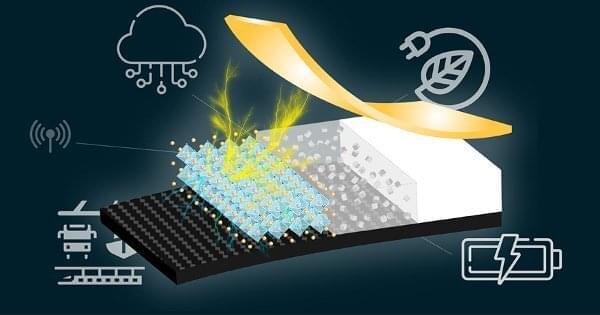
An international research group has engineered a new energy-generating device by combining piezoelectric composites with carbon fiber-reinforced polymer (CFRP), a commonly used material that is both light and strong. The new device transforms vibrations from the surrounding environment into electricity, providing an efficient and reliable means for self-powered sensors.
Details of the group’s research were published in the journal Nano Energy on June 13, 2023.
Energy harvesting involves converting energy from the environment into usable electrical energy and is something crucial for ensuring a sustainable future.

A collaborative team led by researchers from City University of Hong Kong (CityU) recently invented an innovative method for synthesizing high-quality, semiconducting nanomesh at a lower temperature and production cost than conventional methods. The findings will help enable the large-scale production of nanomesh for next-generation electronics.
Nanomesh is a nano-scale material formed from a network of nanowires. For several decades, one-dimensional materials like nanowires made of crystalline inorganic materials have been widely explored as the main driver for emerging electronics, as they have features like mechanical flexibility, energy efficiency and optical transparency. However, the scalability, integrability and cost-effectiveness of nanowire semiconductors are insufficient, limiting their potential for large-area electronic and optoelectronic applications.
To overcome these shortcomings, a research team led by CityU scientists made a breakthrough, inventing a low-temperature vapor-phase growth method, which can achieve large-scale synthesis of semiconducting tellurium (Te) nanomesh for use in devices.
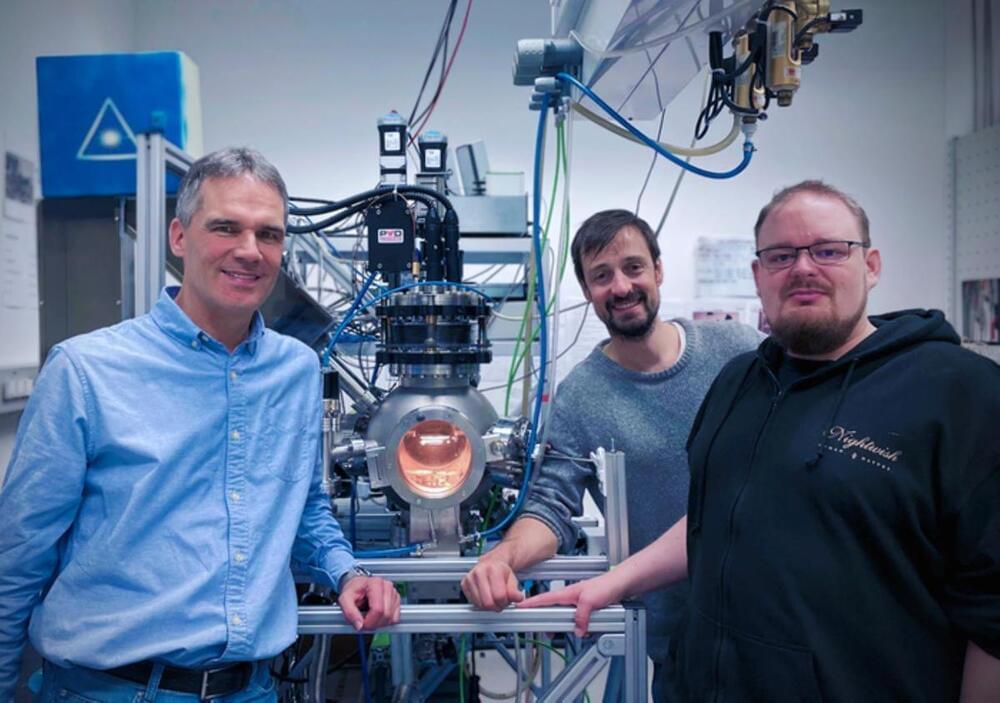
According to a news release from the Vienna University of Technology (TU Wien), oxygen-ion batteries don’t have the same aging issue that lithium batteries face, which means they can maintain effectiveness for an incredibly long period.
They can also be manufactured using incombustible materials and don’t require the same rare elements as lithium batteries, which means they won’t have nearly as substantial of an environmental footprint and won’t spontaneously explode if mishandled.
“In many batteries, you have the problem that at some point the charge carriers can no longer move,” said Alexander Schmid of TU Wien’s Institute for Chemical Technologies. “Then they can no longer be used to generate electricity, the capacity of the battery decreases. After many charging cycles, that can become a serious problem.”
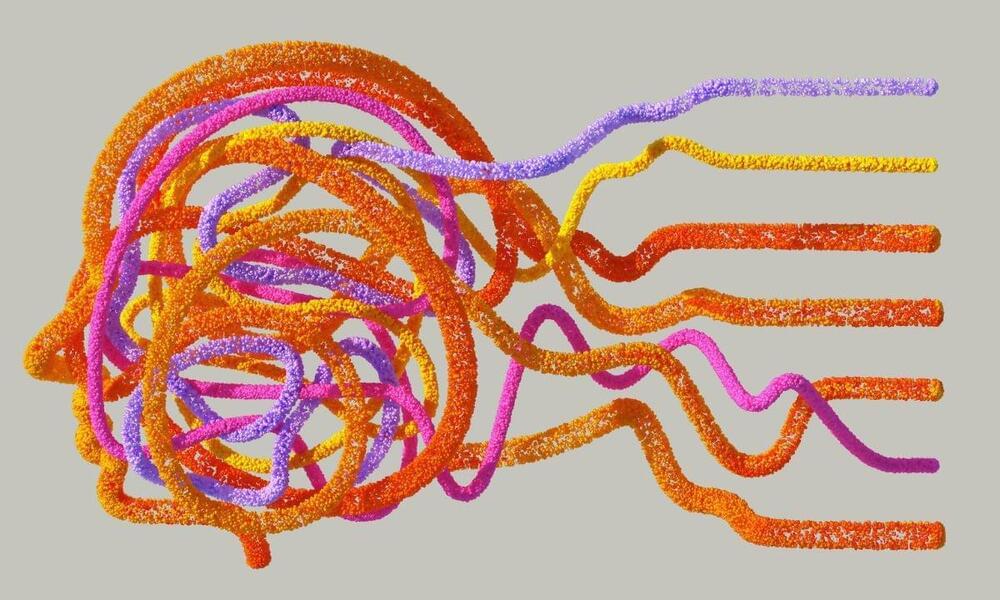
The idea of solar energy being transmitted from space is not a new one. In 1968, a NASA engineer named Peter Glaser produced the first concept design for a solar-powered satellite. But only now, 55 years later, does it appear scientists have actually carried out a successful experiment. A team of researchers from Caltech announced on Thursday that their space-borne prototype, called the Space Solar Power Demonstrator (SSPD-1), had collected sunlight, converted it into electricity and beamed it to microwave receivers installed on a rooftop on Caltech’s Pasadena campus. The experiment also proves that the setup, which launched on January 3, is capable of surviving the trip to space, along with the harsh environment of space itself.
“To the best of our knowledge, no one has ever demonstrated wireless energy transfer in space even with expensive rigid structures. We are doing it with flexible lightweight structures and with our own integrated circuits. This is a first,” said Ali Hajimiri, professor of electrical engineering and medical engineering and co-director of Caltech’s Space Solar Power Project (SSPP), in a press release published on Thursday.
The experiment — known in full as Microwave Array for Power-transfer Low-orbit Experiment (or MAPLE for short) — is one of three research projects being carried out aboard the SSPD-1. The effort involved two separate receiver arrays and lightweight microwave transmitters with custom chips, according to Caltech. In its press release, the team added that the transmission setup was designed to minimize the amount of fuel needed to send them to space, and that the design also needed to be flexible enough so that the transmitters could be folded up onto a rocket.
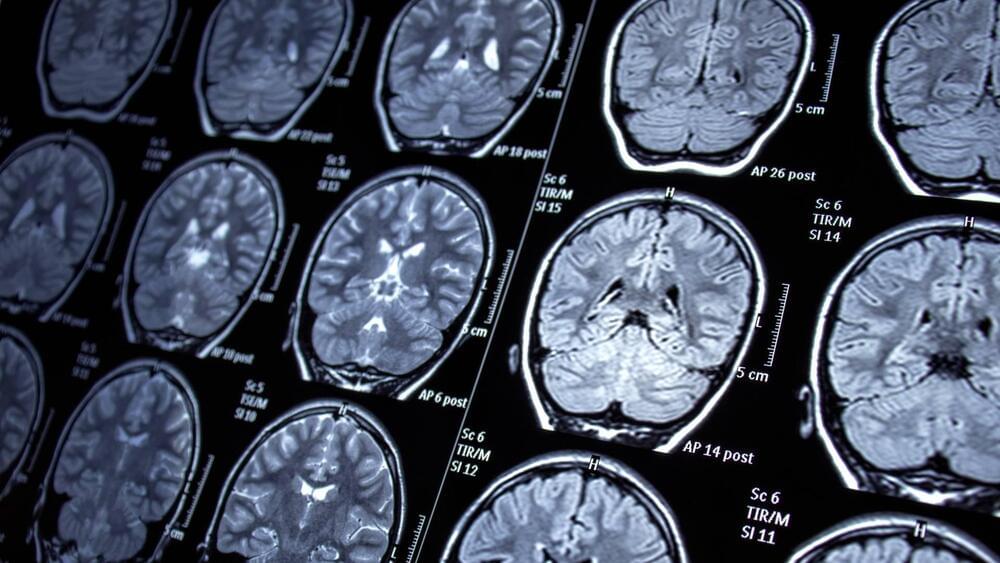
Three of these procedures have thus far been undertaken in Canada.
A neurosurgeon in Canada has become the first in the nation to perform robot-assisted deep brain stimulation surgery on a patient suffering from epilepsy with success.
This is according to a report by CTV News published on Wednesday.
Interesting Engineering is a cutting edge, leading community designed for all lovers of engineering, technology and science.
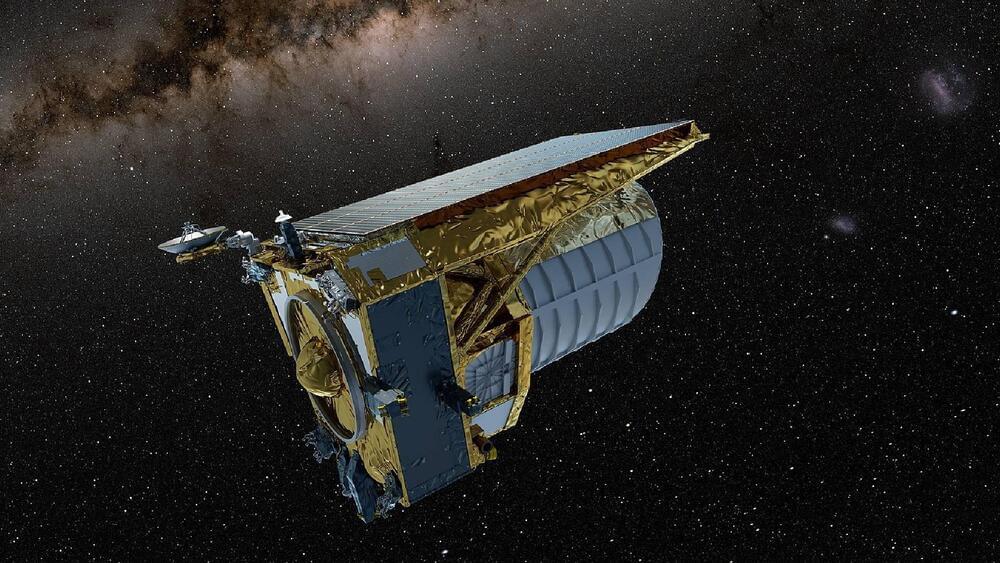
“It can also be my opponent. It can help me train.”
An assistant professor of Interactive Computing at the Georgia Institute of Technology has revealed a robotic tennis partner that may soon become your sparring partner and skilled opponent.
Dr. Matthew Gombolay envisions a future where human-scale robots play a crucial role in sports and athletic training. His latest creation, ESTHER (Experimental Sport Tennis Wheelchair Robot) is inspired by the limitations of traditional static ball machines used for tennis training.